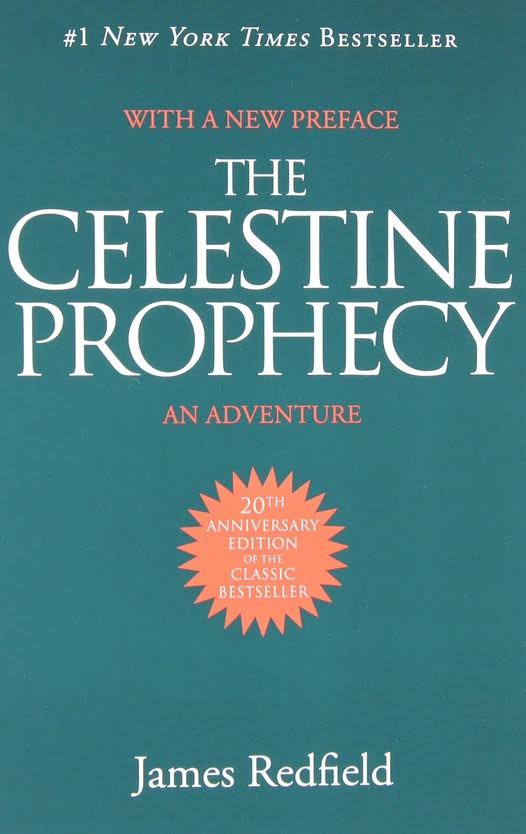If you were introduced to spirituality as a child through this novel, as I was, it’s hard to condemn its message. But returning to ‘The Celestine Prophecy’ as an adult and a critic, I have to call it out. The book is pure pseudoscience, a grade-school philosophy masquerading as profundity, written as if ChatGPT were tasked with crafting an adventure novel infused with spiritual themes and a shadowy conspiracy to suppress hidden knowledge about human consciousness. The entire story revolves around the idea of “energy” and how noticing coincidences will supposedly lead us to great truths. This convenient crutch allows James Redfield to introduce every character via this same gimmick, sending the nameless protagonist on a journey to uncover the nine insights from an ancient Peruvian manuscript, wisdom so profound that its revelation would allegedly alter the fate of mankind. In reality, it’s lazy writing, a narrative contrivance that tries to pass itself off as a feature rather than a flaw. Despite the lofty ideas, the book itself is preachy, self-indulgent pap. That said, I loved it as a kid, and it did set me on a path of self-inquiry and philosophy, so I’ll always be grateful for that. But make no mistake, this book is hot garbage.
Rating: D



